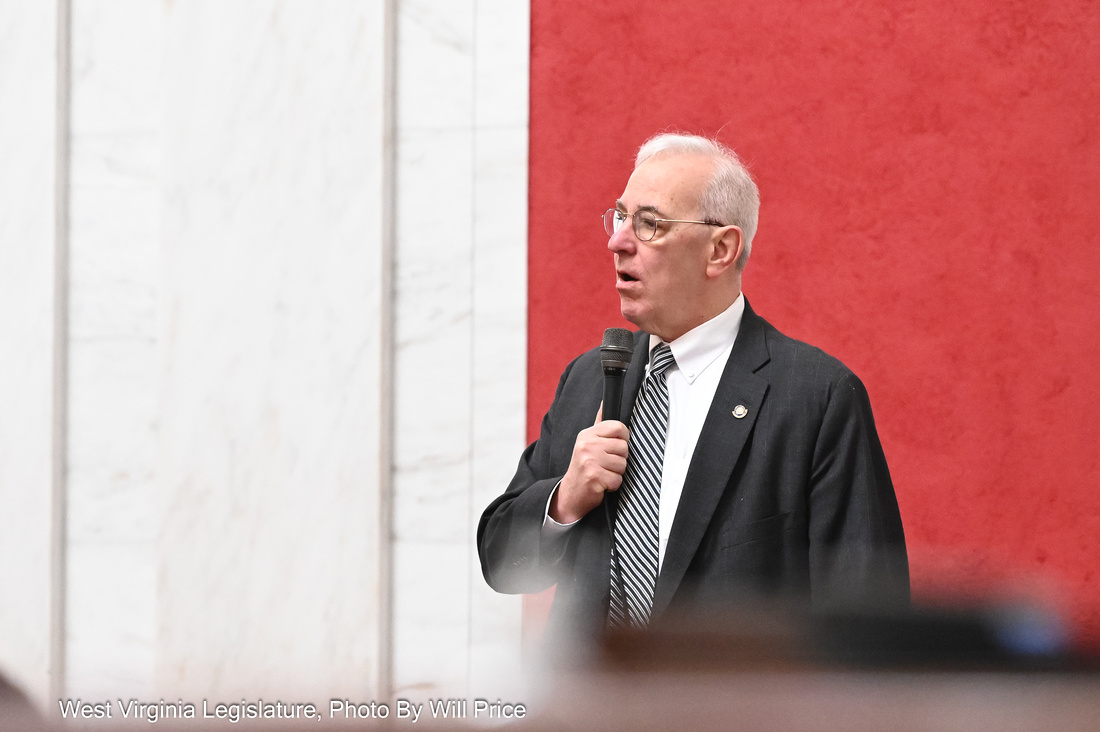A loophole in West Virginia law allows prospective parents to adopt children whose biological parents still have custody claims. But a bill passed by the West Virginia Senate Friday aims to remove this discrepancy before wrongful adoptions occur.
West Virginia parents who lose custody of their children in a circuit court can appeal the decision in the Supreme Court.
However, as the law currently stands, prospective parents can adopt a child while their biological parents are still waiting on a response to their custody appeal.
So far, the state has discovered no instances of wrongful adoption in this manner. Senate Bill 318, which was passed unanimously on Friday, would ensure the custody appeal process has closed before the adoption process begins.
Sen. Charles Trump, R-Morgan, who sponsored the bill, said it would reduce risk for the state and West Virginia families.
Under this bill, adoptive parents must confirm “that the parental rights of one or more of the child’s birth parents have been terminated by final order,” he said. That means the loss of custody was “affirmed on appeal and the time for reconsideration of the decision on appeal has expired,” or that “the decision was not appealed and the time for filing an appeal of the order or orders terminating parental rights of the child’s birth parents has expired.”
“If the Supreme Court, upon review of one of these cases, said it was an error — that the circuit court made an error in terminating parental rights — and the children have already been adopted by another family, that would be a disaster,” he said on the Senate floor Friday.
The bill will now be sent to the House of Delegates for further deliberation.
